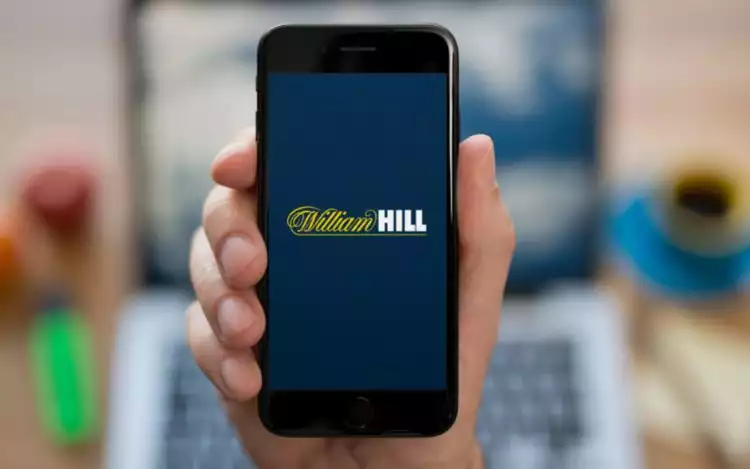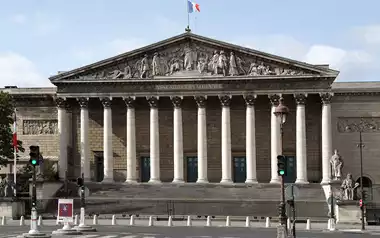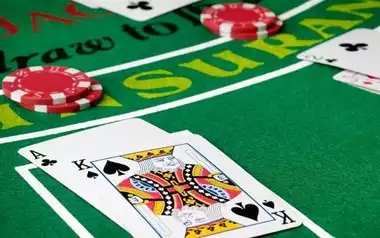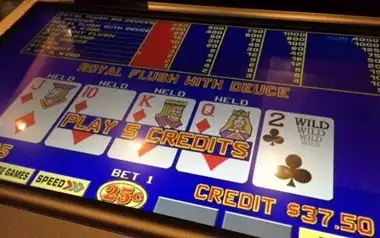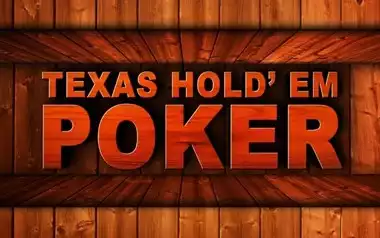Balancing the Books
William Hill will close around 200 of its UK betting shops as the gambling industry faces growing financial strain from potential tax increases and the continued decline of the UK high street.
William Hill’s parent company, Evoke, previously known as 888 Holdings, confirmed the decision is part of a broader effort. The company is hoping to stabilise its balance sheet ahead of a possible rise in gambling taxes expected in the UK government’s budget next month. The move could result in up to 1,500 job losses, affecting roughly one in ten of William Hill’s 1,300 retail locations across the country.
Evoke said that it was continuously reviewing and adapting its shop portfolio to ensure it aligned with the company’s long-term strategy for sustainable and profitable growth. The company’s statement follows reports that both the Competition and Markets Authority and the Treasury are considering stricter rules and higher levies for gambling operators.
The review is part of a wider cost-cutting strategy at Evoke. The company seeks to reduce its £1.8 billion debt burden. Despite its long-standing reputation as one of Britain’s best-known bookmakers, the market value now stands at around £210 million. Evoke recorded a £78 million pre-tax loss in the first half of 2025. Retail revenues declined by 2% over the same period.
Incoming Changes
The closures come amid speculation that Chancellor Rachel Reeves will announce significant tax increases on the gambling sector in her 26 November budget. Former Prime Minister Gordon Brown has urged the government to treat the industry as undertaxed. The Institute for Public Policy Research (IPPR) has estimated that raising the remote gambling duty from 21% to 50% could raise over £3 billion for the Treasury, if accompanied by higher betting and gaming machine duties.
Other industry leaders have warned that such changes could lead to further shop closures and job losses. Stella David, chief executive of Entain, which owns Ladbrokes and Coral, said earlier this month that every tax increase would make certain shops unviable. She also warned that higher taxes could push customers toward unregulated operators. She said: “The biggest winner by far from higher gambling taxes would be the black market.”
High Street Decline
The decline of Britain’s high street bookmakers has been accelerating since the government imposed a £2 cap on fixed-odds betting terminals (FOBT) in 2019. Before the cap was introduced, each machine could generate an average of £52,000 per year. As a result, they have been a key source of revenue for betting shops. William Hill closed around 700 retail outlets shortly after the restriction was introduced. Former sports minister Tracey Crouch, who led the FOBT reform, said that the contraction was inevitable.
A spokesperson for Evoke said that the company is committed to its retail performance but must also plan for potential tax rises and shifts in customer behaviour. In 2024, Evoke recorded a revenue of £1.7 billion, a +3% increase on the previous year. The spokesperson also stated that considering shop closures is difficult but necessary.
